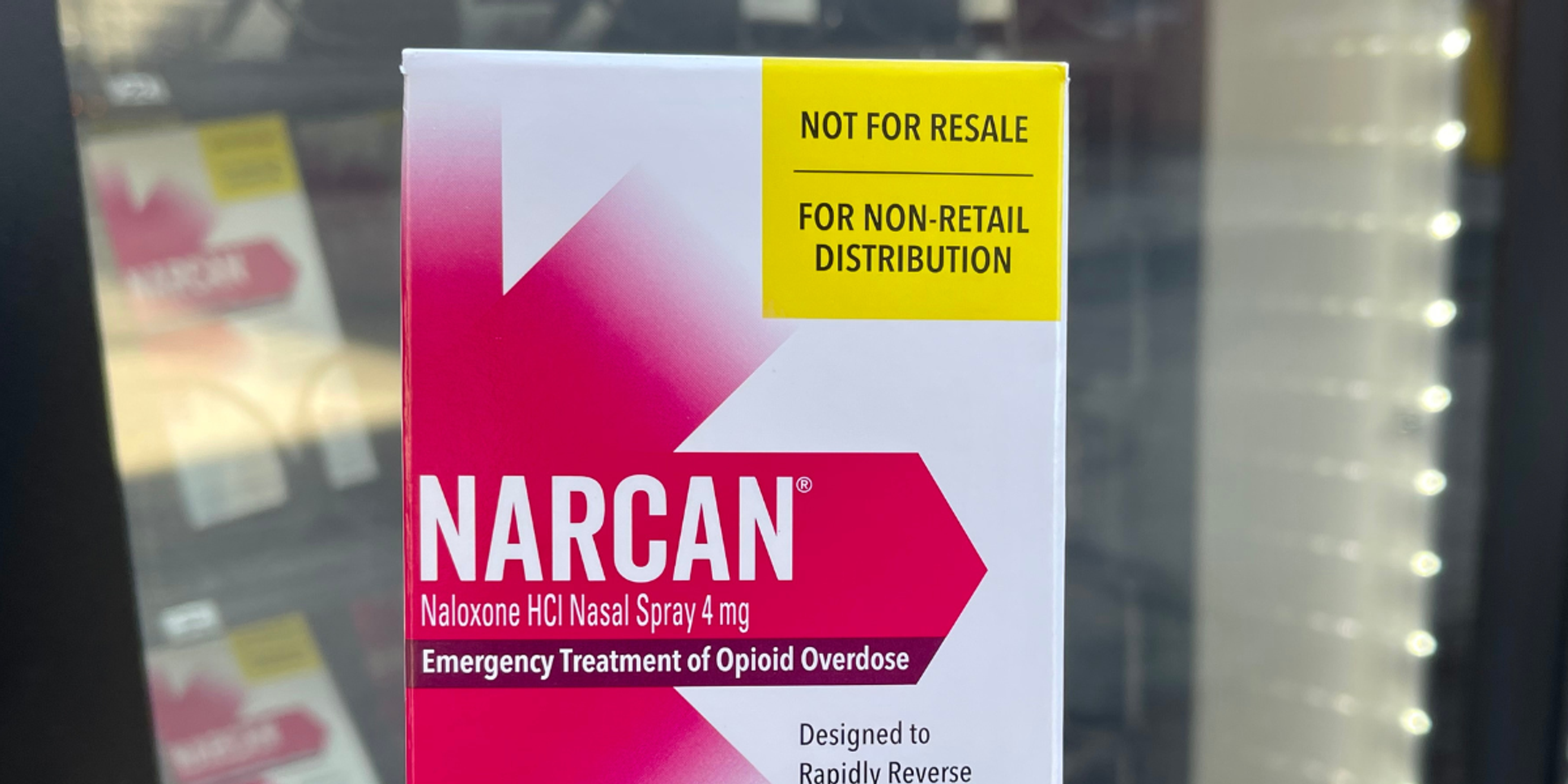Managing the Stress of the Holiday Blues

Dr. Kristyn Gregory
| 3 min read
Dr. Kristyn Gregory, D.O., is a medical director of behavioral health at Blue Cross Blue Shield of Michigan. Dr. Gregory received her medical degree from the Chicago School of Osteopathic Medicine. She then completed residency training in Adult Psychiatry at Henry Ford, and a fellowship in Child and Adolescent Psychiatry at Wayne State University. She is board-certified in Adult, Child and Adolescent Psychiatry. She has practiced in a variety of settings in the metro Detroit area including inpatient, residential, outpatient, school-based and juvenile justice programs.

For some of our friends and loved ones, the bubbly tones of Andy Williams singing “It’s the Most Wonderful Time of the Year” bring a sense of dread and sadness instead of starry-eyed excitement. For some individuals with a diagnosed mental illness, the holidays can worsen the symptoms of these conditions. What makes the holiday season warm and joyful for some can trigger depression in others. Gift-giving, shopping, festive gatherings, decking the halls and a full to-do list can bring anxiety, stress and immense pressure to feel and act a certain way. Social pressure to be cheerful and merry can feed into a negative internal monologue for those experiencing depression – especially when an individual doesn’t feel the way they think they are supposed to be feeling. Relationships with family can also be difficult to navigate, as childhood traumas, disagreements and toxic behaviors remain present during the holiday season. There’s also immense financial pressure – as many holiday events involve presents and gift-giving, travel or large meals that can be difficult on a person or family’s budget.
The Holiday Blues
These feelings are often referred to as “the holiday blues.” Like the baby blues – a period of depression after a woman has just had a baby – the holiday blues can be a temporary state of depression that occurs just around the holidays stemming from seasonal triggers. Treat the holiday blues seriously. It’s just as important to address short-term mental health problems as it is to treat sustained mental health conditions, as they can lead to a clinical diagnosis of anxiety or depression. While it’s a common myth that suicide risks increase during the holidays, any risk of suicide should be taken seriously. The National Suicide Prevention Lifeline is available 24 hours a day, seven days a week at 800-273-8255.
Make a Plan
The holiday blues can be minimized or avoided altogether by making a personalized strategy to manage symptoms. Here are some tips:
- Avoid alcohol when depressed or stressed. It’s a depressant and can make bad feelings worse.
- For parents, pay attention to the mood of children and teens during the holidays. They also can get the holiday blues.
- Identify individual triggers in the holiday season and set boundaries.
- Say no. If a certain holiday commitment at work, or with friends or family is causing stress, anxiety or otherwise triggering intrusive thoughts, bow out of the event.
- Take time off. If possible, take a vacation day from work to rest and engage in a self-care activity. The holidays can be full of social pressure. Building in time to recharge is important.
- Talk to a friend or family member about feelings and ask them to regularly check-in. Watching out for each other will make a difference.
- Work with a professional. Licensed therapists and psychiatrists can advise strategies and solutions that will help individuals chart a path through what can be a difficult, stressful time of year.
For friends and family members of loved ones with diagnosed mental illnesses or chronic depression and anxiety, take time this holiday season to check in with them regularly. Keep expectations low and understand that loved ones might have limits to the amount of holiday events they are able to partake in to preserve their mental health. If the holiday blues last longer than just the season, it’s important to talk to a mental health professional. Kristyn Gregory, D.O., is a medical director of behavioral health at Blue Cross Blue Shield of Michigan. More from MIBluesPerspectives:
- How to Use Reflective Writing to Achieve Clarity
- The Power of Routines and Rituals
- A Hygge Lifestyle Challenge
Photo credit: Getty Images





